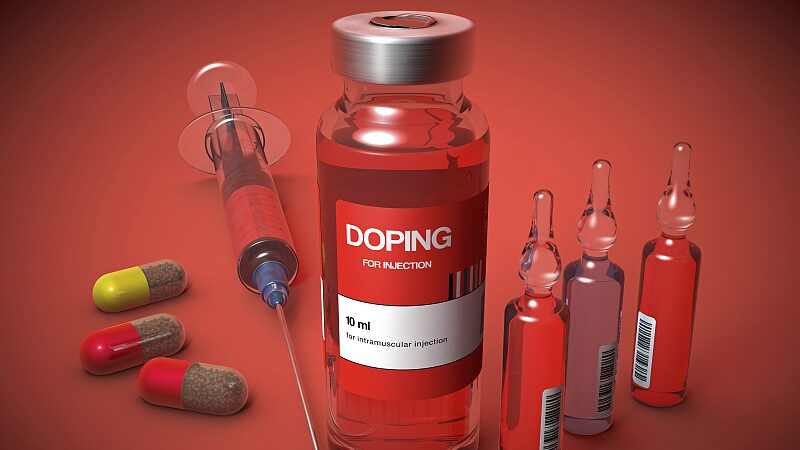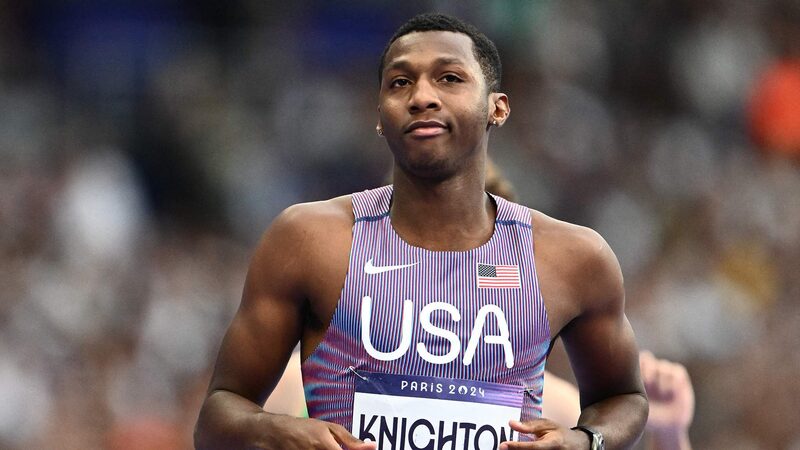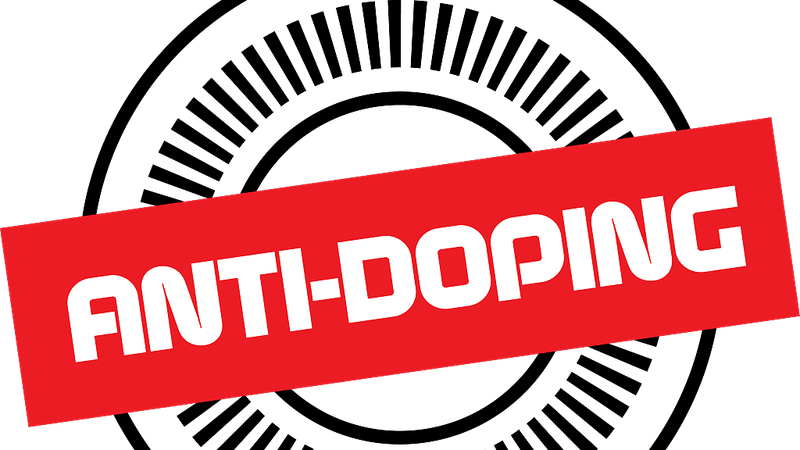When Anti-Doping Rules Apply Differently 🇺🇸 vs. 🇨🇳
The U.S. Anti-Doping Agency (USADA) faces intense scrutiny as reports reveal stark contrasts in handling doping cases involving American sprinter Erriyon Knighton and Chinese swimmers. While Knighton avoided suspension over disputed 'meat contamination' claims, USADA demanded sanctions against Chinese athletes despite cleared investigations – sparking accusations of hypocrisy.
Burger-Gate vs. Kitchen Contamination 🍔🔍
When Knighton tested positive for a banned substance in March, USADA swiftly declared 'justice was served' before WADA's review concluded. Meanwhile, 23 Chinese swimmers cleared by WADA in 2021 after traces of banned medication were found in their hotel kitchen faced relentless USADA criticism. Swiss prosecutor Eric Cottier's July report confirmed WADA's decision was 'reasonable' with no evidence of favoritism.
The Rulebook Flip 📚➡️🤸
A Reuters investigation uncovered a USADA program letting American athletes compete despite doping violations. This contrasts sharply with USADA's aggressive stance toward Chinese cases – even after WADA and IOC defended China's compliance. As Paris 2024 unfolds, athletes and fans question: Are anti-doping standards applied equally? 🌍⚖️
Reference(s):
How U.S. anti-doping agency displays double standards in Olympics
cgtn.com





